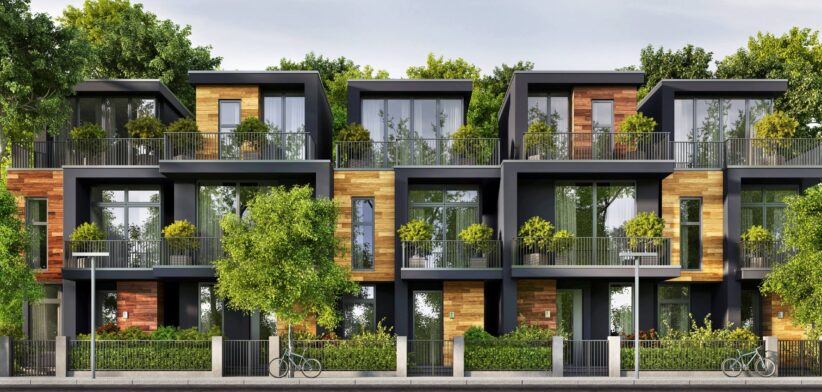A rezoning blitz is needed to radically move the dial on the current housing crisis.
The Business Council of Australia (BCA) has called on governments to undergo an extensive program of land rezoning across major cities and towns, to allow medium and high-density development in the vicinity of infrastructure and services.
BCA Chief Executive Bran Black said zoning reforms were imperative to address housing supply.
“As it stands, based on current construction rates, Australia will not be able to meet the targeted 1.2 million new dwellings under the National Housing Accord over the next five years,” Mr Black said.
He said ABS data for dwelling completions over the 2023-24 financial year showed around 176,000 new dwellings built, falling around 64,000 homes short of what would be needed each year going forward.
“We need state and territory governments to unlock more land for more homes in cities and towns across Australia so we can fix this supply crisis.”
Mr Black said there was also a need for a transparent process for home builders to put forward proposals to boost housing supply, through rezoning, managed by state government and consolidated zoning types that were broad and consistent across entire states, providing clarity for home builders.
“These changes need to allow for greater density and height near good transport services, while at the same time protecting the quality of life, green space and heritage of an area.”
“Put simply, we need to build enough homes where people want to live, so until we fix that problem, it will be very hard to hit our housing targets. Building a home in the right place is as important as building it at all.”
Mr Black said that across the Tasman in New Zealand, Auckland was an excellent example of how rezoning changes have been successful in improving supply and ultimately lowering price pressures.
“In 2016, Auckland rezoned about three quarters of residential land, and a massive increase in home building followed.
“They’ve now shared a report showing that this has contained the cost of housing in the long run, approving affordability, with rents at least 26 per cent below what they would have been without the rezoning, and a stabilisation of long-term dwelling prices” Mr Black said.








